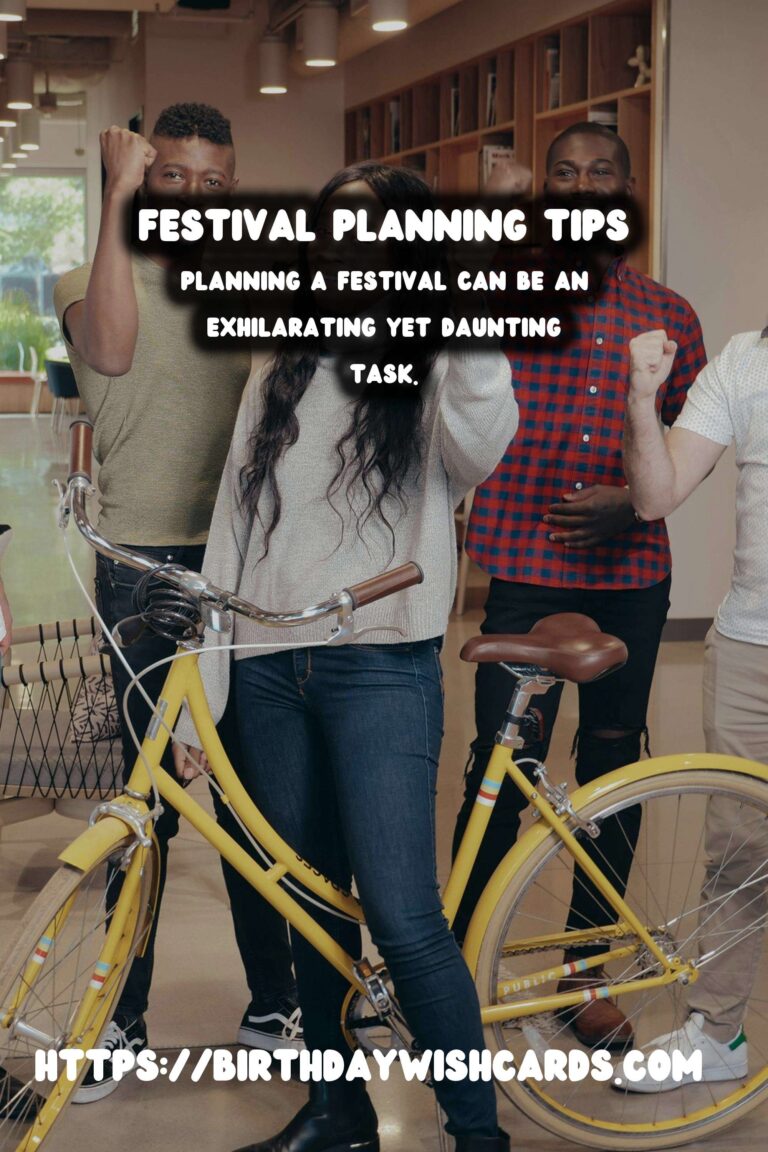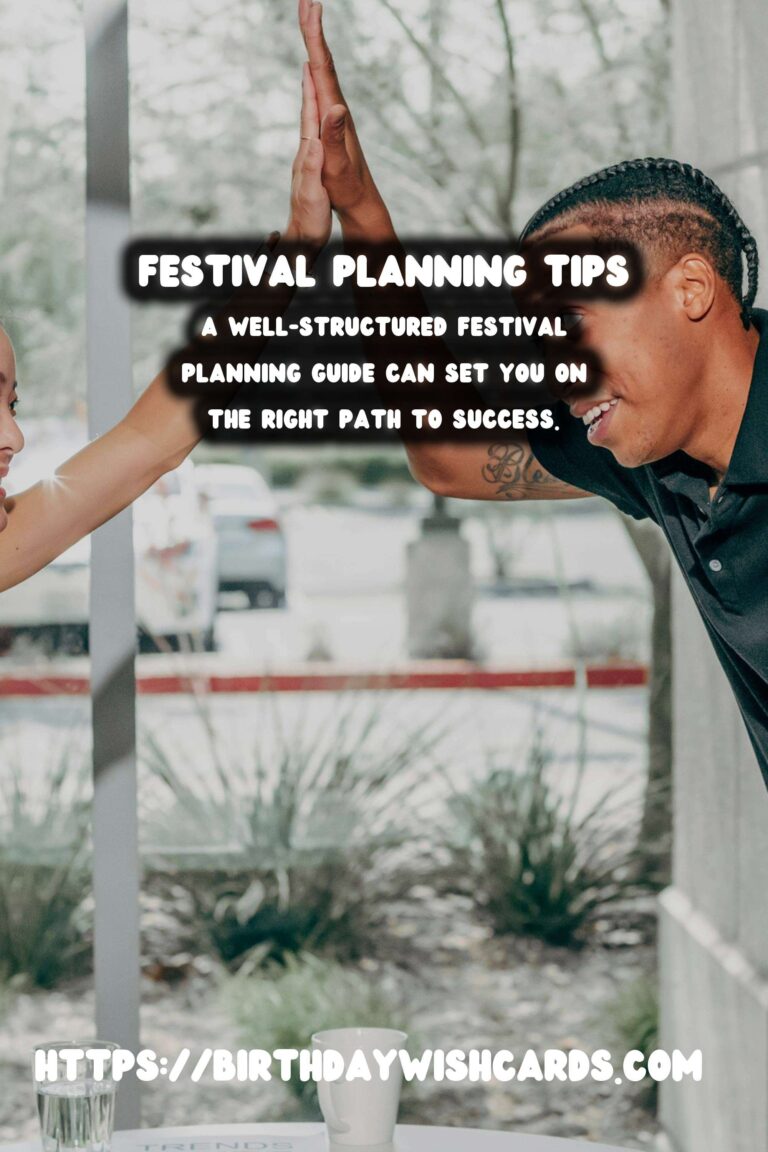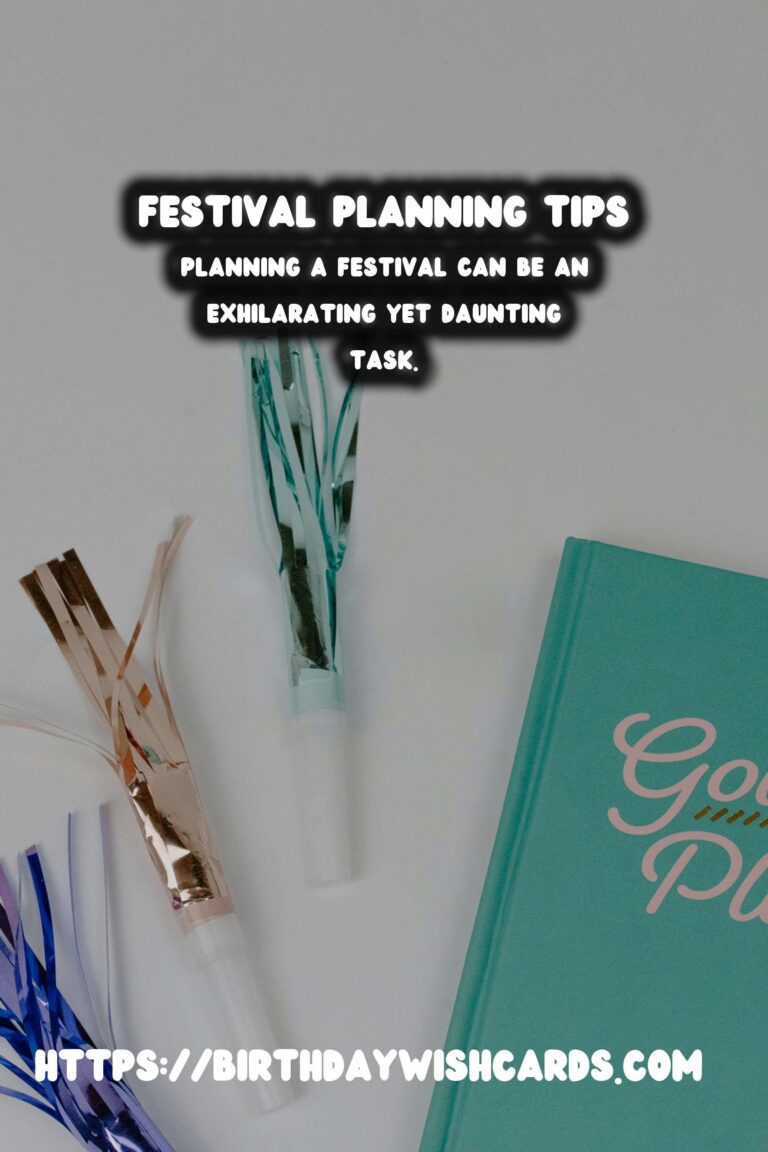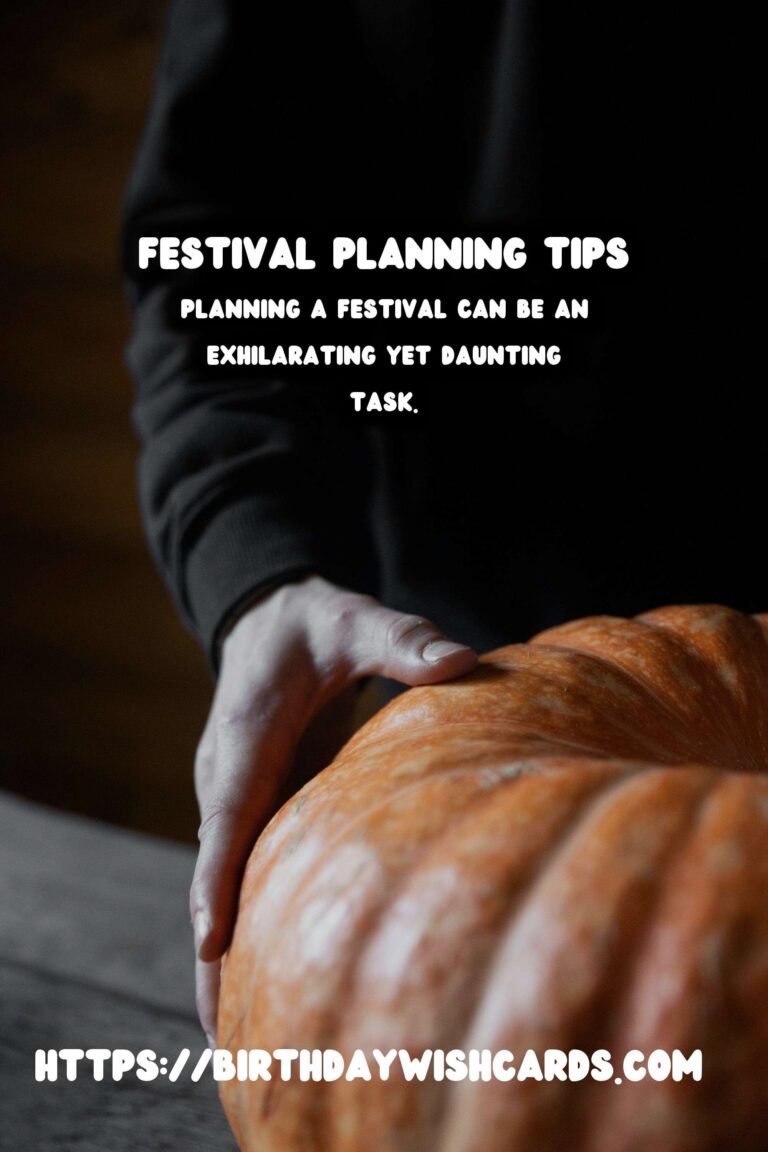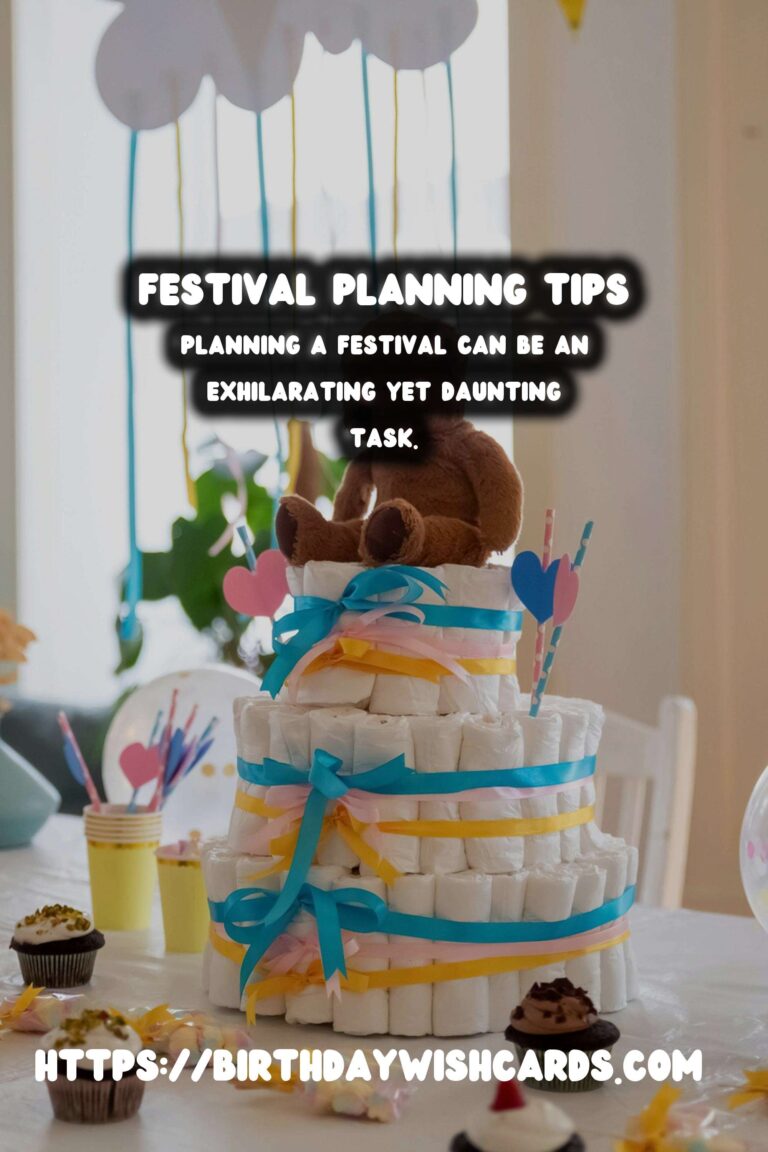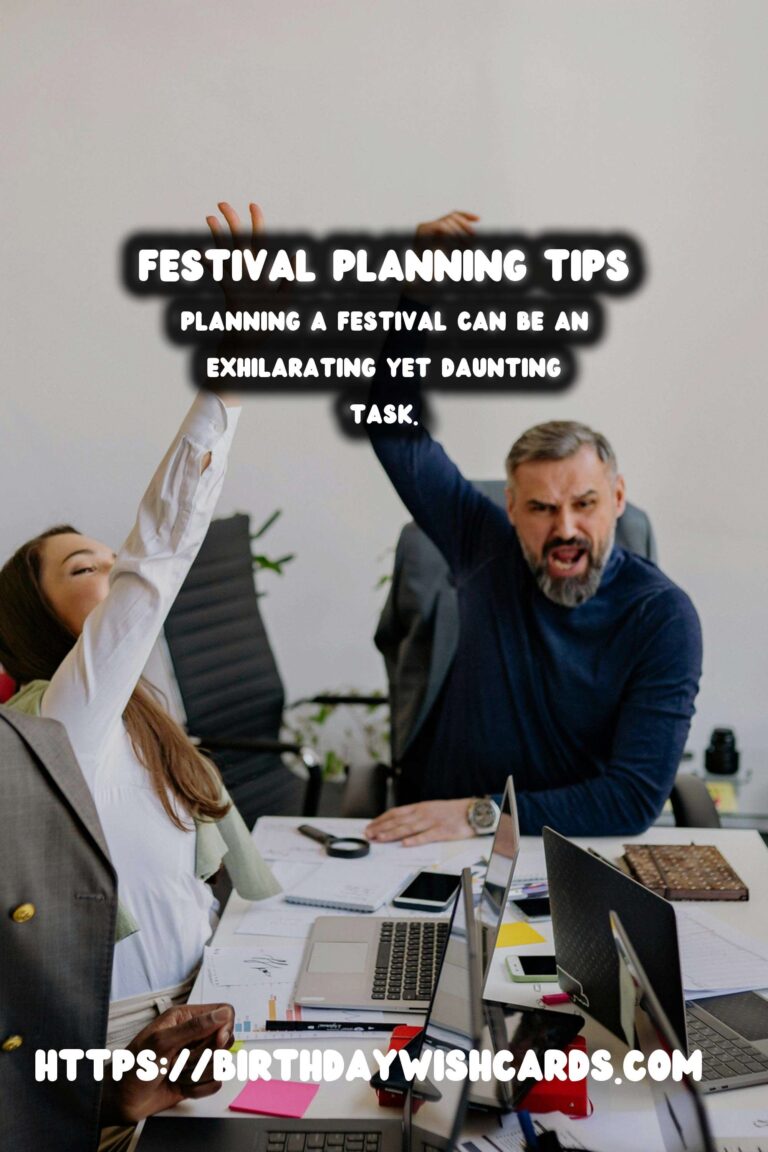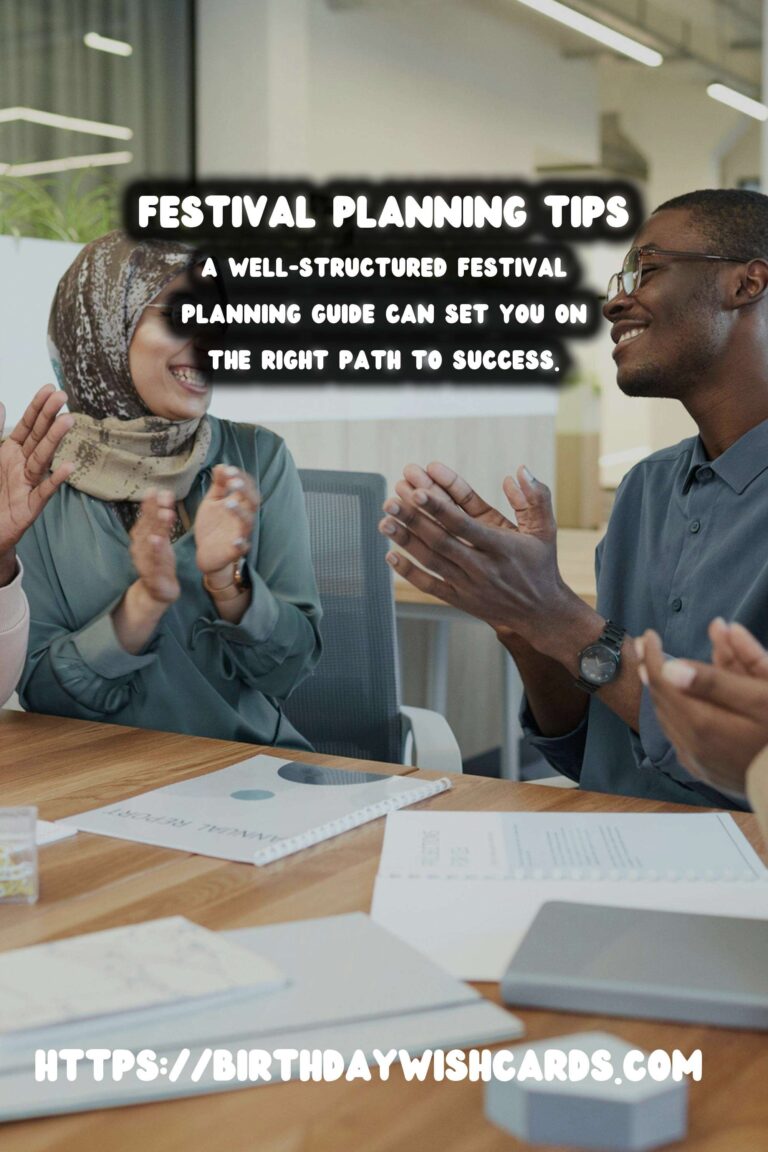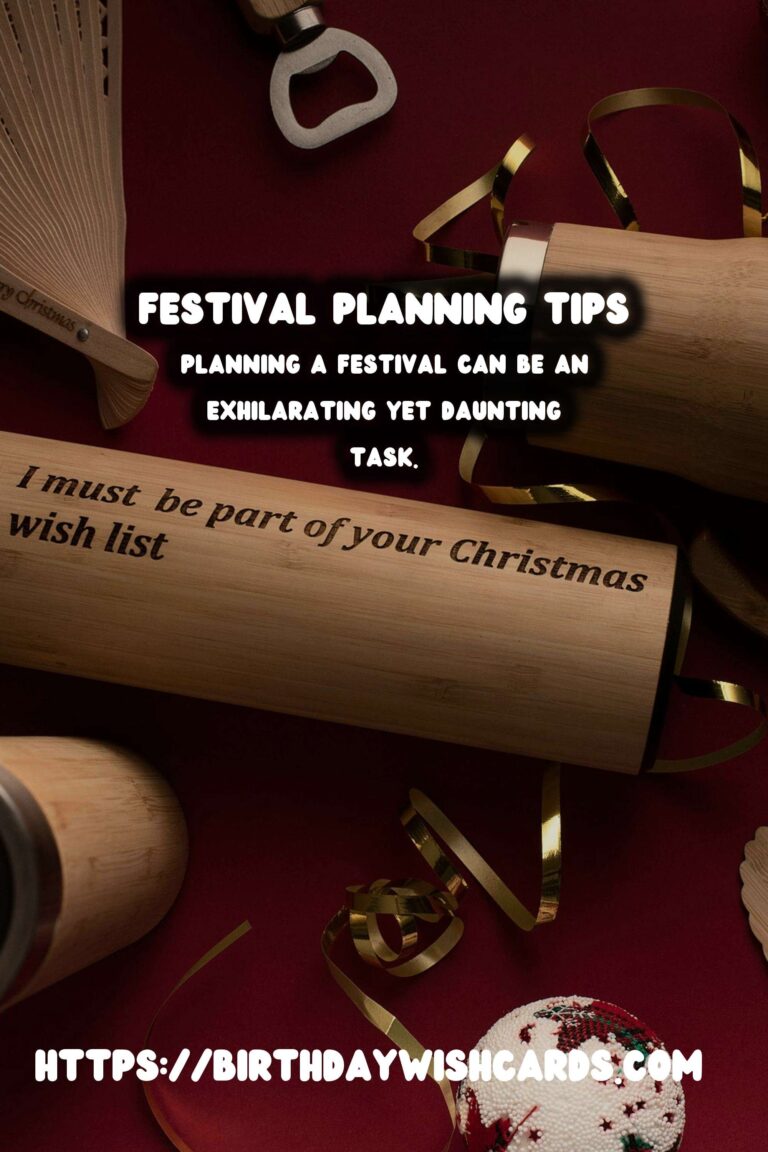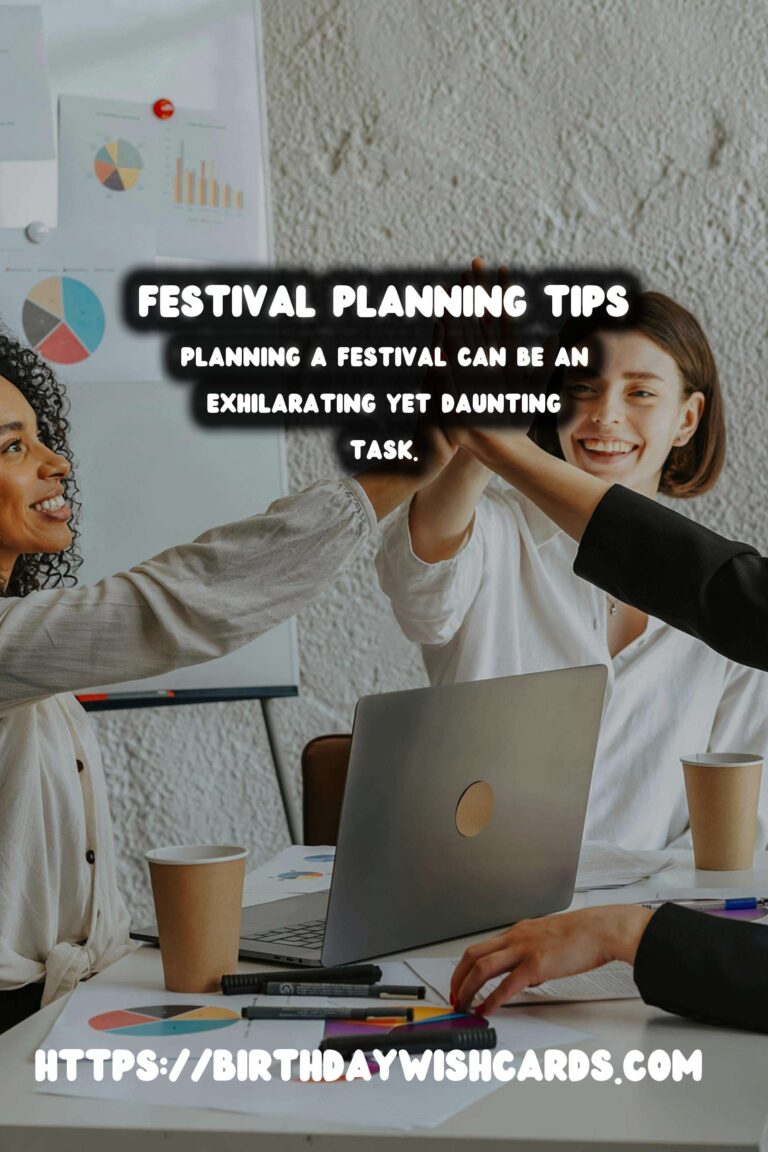
Planning a festival can be an exhilarating yet daunting task. Whether you are organizing a music festival, food fair, or cultural celebration, having a well-structured festival planning guide can set you on the right path to success. In this comprehensive guide, we will break down the steps and considerations essential for creating a festival planning guide that you will love and find useful.
Understanding Your Festival’s Vision
Before diving into the logistics, it’s vital to have a clear vision for your festival. What is the purpose of the festival? Who is your target audience? Establishing these foundational elements will help frame every subsequent decision.
Defining Your Festival Theme
Your festival theme will dictate everything from marketing to decor. Take time to brainstorm themes that resonate with your audience. Consider local interests, historical significance, or unique cultural aspects. A compelling theme can draw more participants and enhance their experience.
Setting a Budget
All festivals require funding, and a solid budget is key to managing costs effectively. Break down your expenses, estimating costs for:
- Venue rental
- Permits and licenses
- Staff and volunteers
- Marketing and promotion
- Supplies and equipment
- Entertainment or speakers
Be realistic with your budget projections and leave room for unexpected expenses.
Choosing a Location
Your festival location plays a crucial role in its success. Look for spots that align with your festival’s theme and accommodate your expected attendance. Consider accessibility, parking, and any necessary facilities like restrooms and power sources.
Obtaining Permits and Insurance
Different regions have varying regulations on permits and licenses required for hosting a festival. Research local laws and ensure you obtain all necessary permits well in advance. Additionally, consider securing insurance to protect against potential liabilities.
Scheduling the Event
Proper scheduling can significantly enhance the flow of your festival. Outline a timeline that includes:
- Start and end times
- Set up and breakdown periods
- Act or performance schedules
- Time allocated for food and activities
Thorough scheduling can help keep everything on track during the festival day.
Recruiting Staff and Volunteers
Organizing a festival cannot be done single-handedly. Recruit a dedicated team of staff and volunteers to assist with various responsibilities, such as:
- Logistics and setup
- Customer service
- Security
- Entertainment coordination
Clearly define roles and responsibilities to ensure everyone knows their tasks.
Creating a Marketing Plan
Effective marketing is crucial for attracting attendees. Develop a marketing plan that includes:
- Social media promotions
- Email campaigns
- Press releases and media outreach
- Partnerships with local businesses
Utilize engaging content and visuals to capture the interest of potential attendees.
Leveraging Social Media
Platforms like Facebook, Instagram, and Twitter can be powerful tools to create buzz around your festival. Share updates, sneak peeks, and engage with your audience to build excitement.
Planning the Festival Layout
Design a layout for your festival that promotes easy navigation and enhances attendee experience. Consider:
- Food and beverage stations
- Vendor booths
- Performance areas
- Safety and accessibility features
A well-thought-out layout can help manage crowd flow and ensure a positive atmosphere.
Securing Entertainment and Vendors
Your festival’s entertainment plays a significant role in attracting attendees. Whether it’s booking local bands, artists, or chefs, ensure you select entertainment that aligns with your theme and audience preferences. Similarly, secure a diverse range of vendors to provide food, crafts, and other items that enrich the festival experience.
Post-Festival Evaluation
Once the festival concludes, take time to evaluate its success. Gather feedback from attendees, staff, and vendors to understand what worked and what can be improved for next time. Reviewing your goals versus the outcomes can provide valuable insights for future festivals.
Conclusion
Planning a festival can be a rewarding experience if approached with careful consideration and organization. By following the steps outlined in this guide, you can create a festival that not only meets your vision but also excites and engages your audience. Start crafting your festival planning guide today, and prepare for a fantastic event!
Planning a festival can be an exhilarating yet daunting task. A well-structured festival planning guide can set you on the right path to success. 
